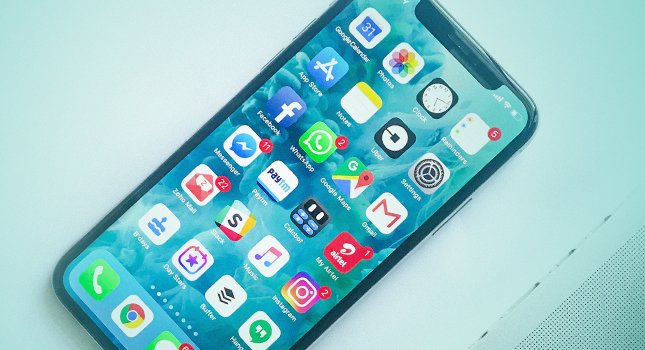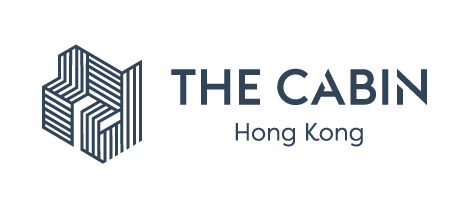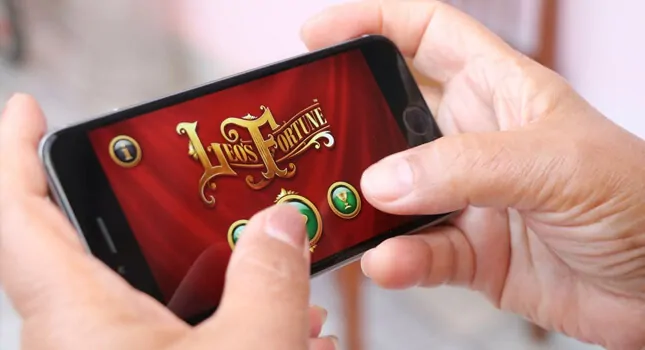
There’s no way around it: the Internet as a staple of modern life. People of all ages are accessing social media, streaming video and web content on computers, tablets, mobile phones and game consoles at unprecedented levels. Hong Kong is one of the fastest-paced places on the planet, with an internet speed to match. It’s no wonder that its residents are the most highly connected in the world, outpacing even those of the US, UAE, South Korea and Japan.
How does all this affect our lives? As it turns out, out internet usage patterns have a significant impact on our mental health, and more and more Hong Kongers are suffering to the extent that they’re seeking professional help via digital detox and internet addiction treatment in unprecedented numbers.
The Rising Tide of Cyber Addiction in Hong Kong
According to a recent article by the South China Morning Post, “Hong Kong ranks among the worst for the proportion of social media and internet addicts. Smartphone usage and social media penetration in the city is among the highest in the world, with a whopping 99 per cent of internet users between the ages of 25 and 44 accessing the internet every day.”
It comes as no surprise that the hardest-hit age groups are teens and millennials – especially digital natives, who are now in high school. In fact, it’s estimated that 17 to 27 per cent of Hong Kong high schoolers struggle with internet addiction.
Studies also show that over one in ten teens are internet-addicted. One survey by the Hong Kong Playground Association found that 11 per cent of the survey group met the criteria for internet addiction. The vast majority of participants primarily used the web to access social platforms, clearly illustrating the internet’s central role in modern-day interpersonal communication.
Many young teens’ online activity centres on accessing video games and porn sites, raising concerns among Hong Kong parents about increasing rates of porn addiction and online gaming addiction. Some teens even reach the point where they refuse to participate in other activities, including school, or throw violent tantrums when their gaming privileges are suspended. The Department of Health found that over half of Hong Kong’s teens and young adults are clocking up to 50 hours per week in screen time – a drastic increase over years past. And as technology becomes more accessible, it appears this problem will only continue to grow.
Asia’s Addiction to the Internet
Of course, these problems aren’t exclusive to Hong Kong. Internet addiction is exploding throughout Asia: South Korea, Japan and China all record shocking statistics around problem internet use, with their young populations most notably affected.
In response, China is making efforts – however controversial – to crack down on the epidemic. Its Cyberspace Administration is piloting anti-internet addiction projects that include placing time limits on short video streaming platforms, a major driver of screen time among young people.
Excessive Screen Time is Threatening Our Mental Health
As digital technology claims more of our mental space, it’s becoming harder to find the moments of reprieve that should come along with the natural rhythms of life. This leads many to burnout, exhaustion, anxiety and depression – along with other compulsive behaviours.
More and more people are becoming interested in digital detox, out of a need to mentally declutter and shift priorities back to life outside the digital realm of constant contactability. Nowadays, it seems we’re always switched on – and this unbalanced mental modus operandi can lead to serious psychological issues down the road.
One aspect of this phenomenon, which Peter Andrews of Hull University Business School in the UK calls ‘smart boredom,’ is “the idea that when you’re stuck on a train or even walking around you can use your phone to do active things like paying a bill, checking a bank account or sending a message to someone.” Clearly there’s a need for better limitations and discernment when it comes to technology use – it’s no exaggeration to say that our very well-being depends on it.
How Internet Addiction Works
According to the US National Center for Biotechnology Information (NCBI), “Internet addiction (IA) is defined as the lack of ability to control Internet use, which causes distress, is time consuming, or results in significant social problems, occupational problems, or financial impairments.”
Internet addiction is a process addiction – while it doesn’t focus on substances, many of its behavioural traits are the same. Internet-based addictions can have severe impacts that disrupt the lives of those who suffer from it, causing extreme mood swings, increasing usage levels due to tolerance-building, withdrawals when they’re unable to access screen time, inability to control internet use, irritability and depression. Ever-increasing time spent online tends to disrupt eating and sleeping patterns and cut down on activity, affecting users’ physical health.
Work, family, relationships and social lives are disrupted as internet-based behaviour becomes more of a priority: An NCBI study finds that “excessive internet use has brought about the potential for addiction and caused impairments in social, academic, financial, psychological, and work domains.” Internet-based activities are often used to avoid uncomfortable feelings, stunting emotional growth.
Co-occurring Internet Addiction and Mental Health Disorders
Compulsive internet use can put you at increased risk for mental health issues. According to NCBI, “People with multiple dependencies such as alcohol, cigarettes, drugs, food, and sex have a higher risk of developing IA, because they have learned to deal with anxiety and difficulties through compulsive behaviour.” It follows, then, that many internet addicts also develop co-occurring disorders like generalised anxiety disorder (GAD) and panic disorder (PD). Even when users don’t incur diagnosable psychiatric conditions, effects like social isolation, distorted self-image and diminished coping skills place a significant burden on mental health.
Internet addiction also opens up the floodgates to a whole range of addictive internet-based behaviours, such as online gambling and shopping, which can quickly escalate into mounting debt and financial ruin.
Is Your Internet Use Becoming a Problem?
Cyber addiction is a type of impulse control disorder. Signs and symptoms of internet addiction can include:
- Becoming oblivious to physical surroundings while absorbed in your device
- Decreasing social interaction
- Poor time management
- Withdrawal and aggression issues
- Poor posture, leading to further bodily injury
- Eyesight issues
- Feeling anxiety when not connected
- Lying about screen time
- Financial problems caused by excessive online spending
- Inability to stick to your own time limits
Effective Internet Addiction Treatment in the Heart of Hong Kong
Breaking free from internet addiction is more than a matter of willpower. Because addiction systematically changes the way your brain functions, behaviours like compulsive internet use often slip away from your control. That’s when professional intervention can be extremely helpful.
The Cabin Hong Kong offers proven-effective cognitive behavioural therapy (CBT) and wellness techniques in individual and group settings to empower you in the fight against internet addiction. Our outpatient treatment centre is conveniently located in Central, and scheduling is designed to accommodate your busy schedule. To learn more about how we can help you, contact us today.


